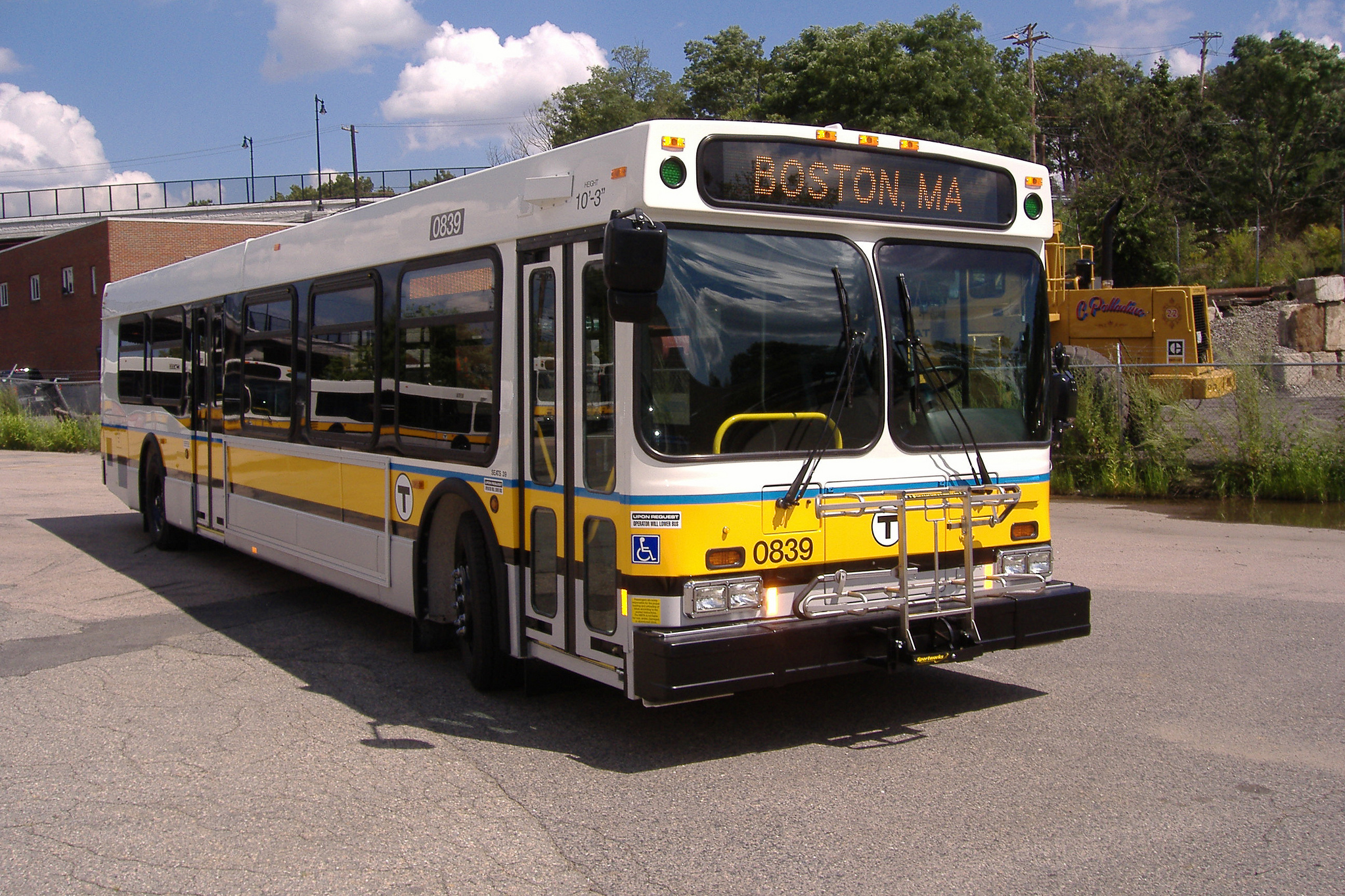MBTA discontinues late-night service
For the second time in 15 years, officials from the Massachusetts Bay Transportation Authority have decided to stop its weekend late-night service. On Monday, MBTA board members unanimously voted 4-0 to cut late-night hours by 90 minutes, despite significant support from the public to continue the...
For the second time in 15 years, officials from the Massachusetts Bay Transportation Authority have decided to stop its weekend late-night service. On Monday, MBTA board members unanimously voted 4-0 to cut late-night hours by 90 minutes, despite significant support from the public to continue the service. This means that about two weeks from now, starting on March 18, buses and subways throughout the city will stop running at 12:30 am.
Bob Luz (Bob Luhz), CEO of the Massachusetts Restaurant Association, was and still is a staunch supporter of late-night service, especially when it comes to the safety and well-being of restaurant employees working late-night shifts.
“By extending that coverage to 2:30 in the morning, it was helping out a whole bunch of people who really need safe and cost effective, reliable transportation.”
 Back in 2014, MBTA launched a pilot program that extended their hours on the weekend until 2:30 am — a service that had not been offered since 2005. Last year, the time was cut back to 2 am.
At this week’s board meeting, Charles Planck, MBTA’s assistant general manager of operations strategy and support at MBTA, argued that late-night operation made it harder to find time for maintenance. Planck also said the late-night services had high operational costs, and footing the bill wasn’t worth it when the services weren’t being used by many people. Late-night ridership declined from 16,000 to 13,000 a year after the pilot program launched.
Though disappointed with the decision, Luz says he remains hopeful that MBTA will engage the public in further conversation about late-night services.
Back in 2014, MBTA launched a pilot program that extended their hours on the weekend until 2:30 am — a service that had not been offered since 2005. Last year, the time was cut back to 2 am.
At this week’s board meeting, Charles Planck, MBTA’s assistant general manager of operations strategy and support at MBTA, argued that late-night operation made it harder to find time for maintenance. Planck also said the late-night services had high operational costs, and footing the bill wasn’t worth it when the services weren’t being used by many people. Late-night ridership declined from 16,000 to 13,000 a year after the pilot program launched.
Though disappointed with the decision, Luz says he remains hopeful that MBTA will engage the public in further conversation about late-night services.

Credit: Massachusetts Office of Travel and Tourism. After a decrease in ridership and high operational costs, the MBTA decided to end its late-night service pilot program after two years.

